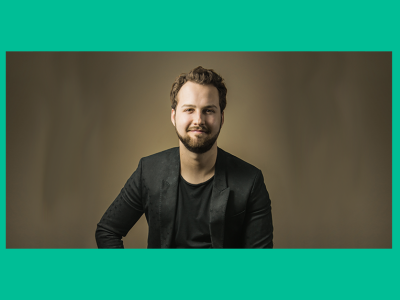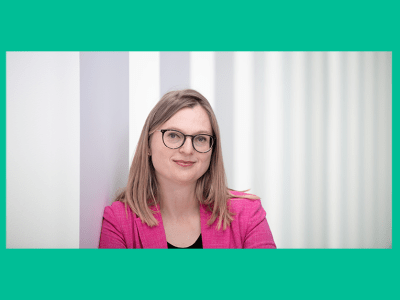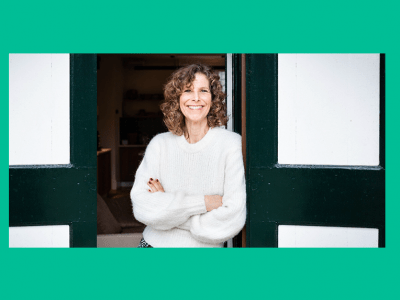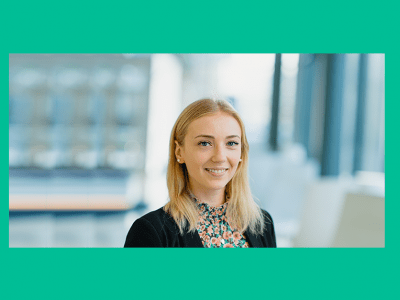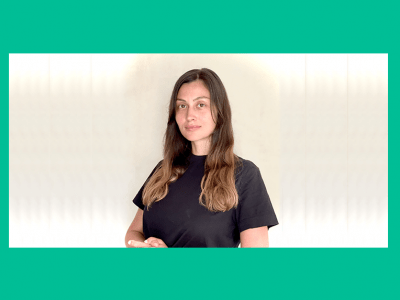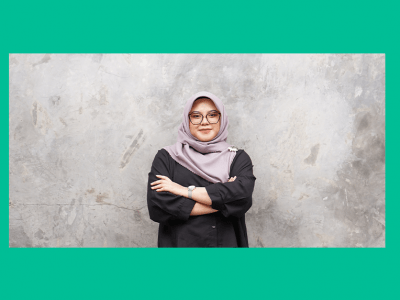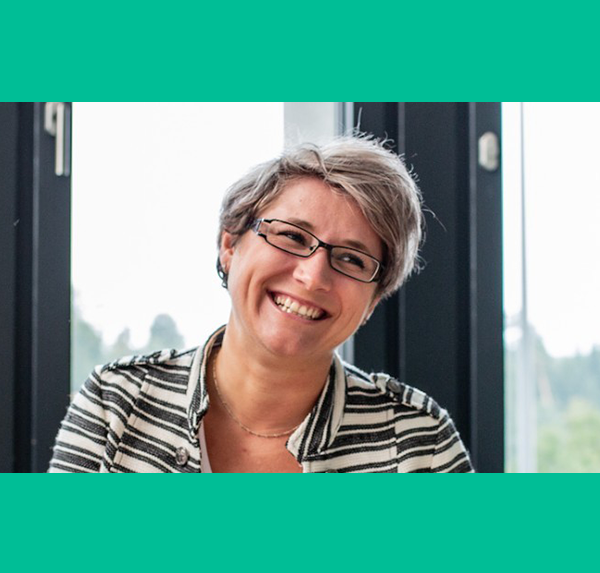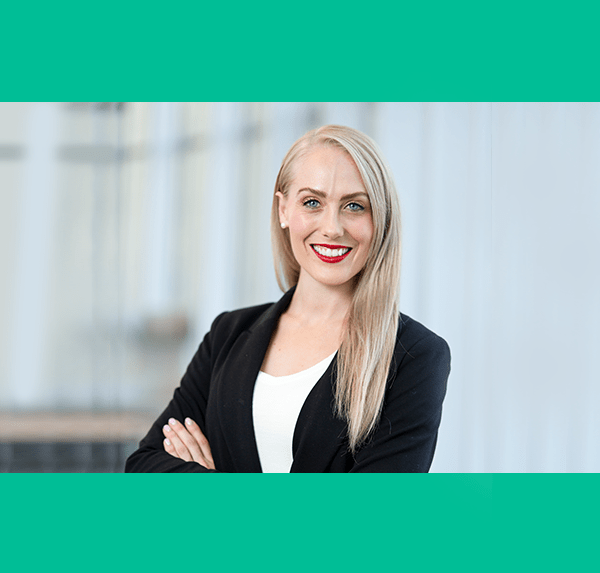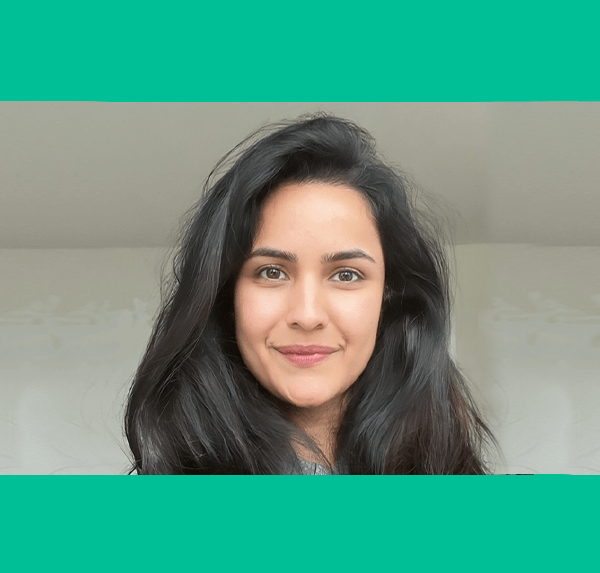EU Alumni Nacho Mercadé Talks Charity and Business
Nacho Mercadé Vila graduated from EU Barcelona with a Bachelor of Business Administration in 1991. Since then, he has worked in KPMG and Merrill Lynch, before becoming the Managing Director of Credit Suisse Private Banking in 2003. As well as a successful professional career, Nacho has been able to make impressive progress in a humanitarian way with his foundation – Fundació Small.
Tell us about Fundació Small.
My wife and I created Small to help improve the healing and hospital conditions for children with cancer and their families. We chose the name because we believe that providing small improvements and in some cases adding some minor details to the means provided by public hospitals can make a big difference when going through cancer treatment, especially for small kids.
Since 2008 we have executed a number of projects that reflect this idea, for instance, we have provided funding for walkie-talkies for isolated kids going through bone marrow transplants so they can communicate with their brothers and sisters while playing; new in-room companion chairs that transform into beds; vital signs monitors; TVs; subscription to cable TV channels for kids; air filters; a grant to a resident doctor to acquire a new treatment technique in a hospital in the U.K.; and our most recent and important contribution – we built a new Day Hospital for the Child Cancer Department in the Hospital Vall d’Hebron in Barcelona, which we are very proud of and happy to see the reaction to it from many parents and kids currently affected by this illness.
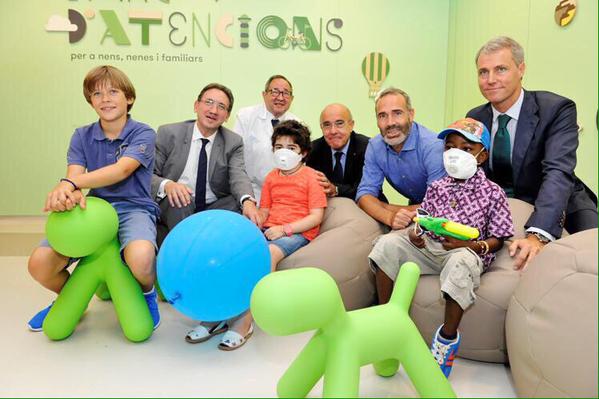
Mercadé with children who have benefited from Small’s work.
What was your motivation to create the foundation?
Our eldest son, Pablo, had cancer (Burkitt lymphoma) in 2006 while he was five to six years old. He’s now in great health, but after spending a year practically living in the hospital with our son, it was impossible for us to close the door and forget about the many things we believed could be improved.
Also, the fact that most non-profit organizations use a large portion of their budget for their own management expenses made us decide to finally create our own foundation. If we are to ask third parties for economic contributions and we are responsible for the execution of the projects, we believe that 100% of the money received should be entirely dedicated to the purpose of the foundation, not to its management. Therefore, Laura and I decided not to earn a single euro out of the foundation for management purposes and even our lawyers, accountants, auditors, marketing and brand management and social network management do their work for free.
What are the main sources of funding for Small?
We combine large direct donations from individuals or companies, foundations or institutions; receive small individual donations each month or quarter; and partake in fundraising events that help us with most minor projects as well as contributing to the most financially ambitious projects. For instance, to cover the Day Hospital budget of €1.6 million, over 12% of this budget was covered by small individual donations with three major sponsors – two local private foundations financed 56% of it and one institutional foundation, La Caixa, financed one third of the project. Fundraising events can have a very important impact in raising money as well as spreading the word and ultimately getting access to important direct donations.
I never thought I would work in banking and I could never have imagined setting up my own foundation.
Dan Pallotta said in a TED talk in 2013 that the nonprofit sector should spend a higher percentage of its gross to attract the best brains and increase overall income for organizations, while the public generally wants nonprofit companies to keep expenditure to a bare minimum. What is your opinion on this?
This could work when the promoters of the nonprofit organization are ultra-high-net-worth individuals that can finance the structure of the foundation through an important endowment (like the Bill & Belinda Gates Foundation) and can provide the best possible management structure that surely will generate better outcome in terms of income generation.
When the promoter is not a UHNW individual (like our case in Small), the endowment is very limited and it cannot finance any management structure. Therefore, it is very difficult to justify to potential donors that an important portion of their donation is to pay salaries and expenses. That may lead to misunderstandings and problems in my opinion.
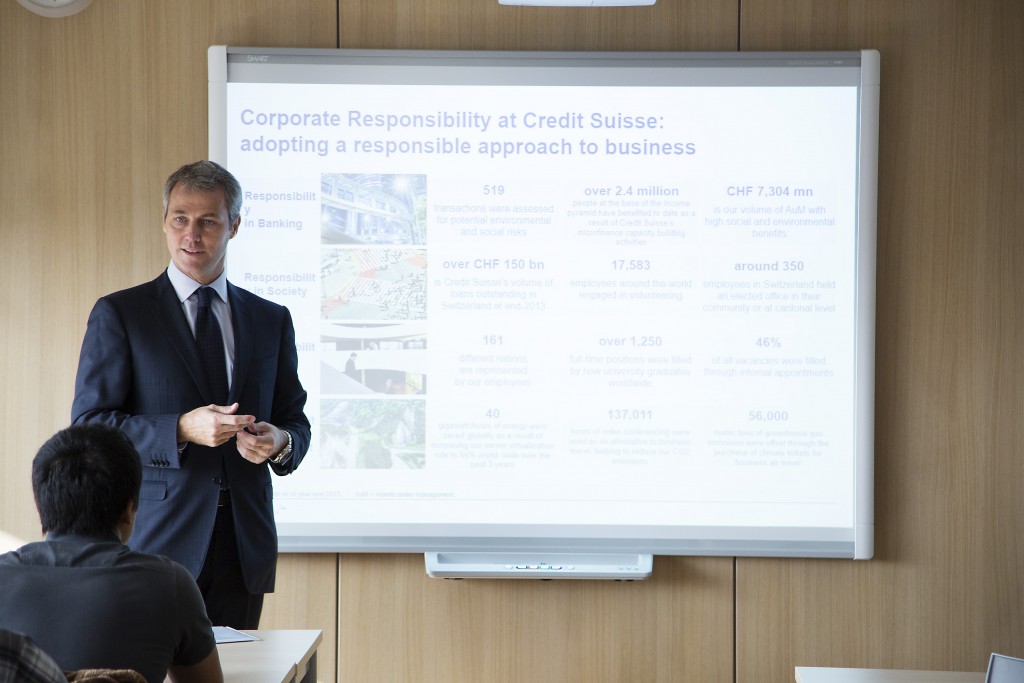
Nacho shares his knowledge on one of his frequent visits to EU.
Do you think it is ever possible for governments to fully take on the task of fighting diseases?
In Spain we have a great public health care coverage by the government, but I believe it is not realistic to demand our governments to provide public hospitals with the very best means as if they were private institutions. I firmly believe in public-private collaboration to provide the best possible infrastructure to our public health care system as the only feasible way to raise the level to its highest standards.
In what ways are nonprofit and for-profit organizations similar or different?
There are many more similarities than differences in my opinion. They are similar in their aim to provide the best product or service to satisfy needs and both can have an important social impact while being different in their final search of profit or not. Nonprofits, by definition, should focus only on those products or services with an important social relevance and impact that are impossible to sell at a competitive or affordable prices and make a profit.
As Managing Director of Crédit Suisse, how do you manage your time to also be the President of Fundació Small?
It is true that sometimes I need to dedicate some of my professional time to Small, for instance to visit a potential donor or to go to the hospital, but I mainly work on weekends and at night on my personal passion which is Small. Being passionate about what I do both at Small and Crédit Suisse helps me find the time to do what it is necessary in order to get things well done.
After spending a year practically living in the hospital with our son, it was impossible for us to close the door and forget about the many things we believed could be improved.
If you had your time again, would you do anything differently?
To be honest, I never thought I would work in banking and I could never have imagined setting up my own foundation. Now, after 20 enjoyable years in banking, as well as the immense satisfaction I get thanks to Small, I can say I would choose the same path.
What is one key piece of advice which has stuck with you throughout your career?
Be passionate about what you do and try to dedicate time and effort on a daily basis to improve and change routines. Dare to face challenges.

